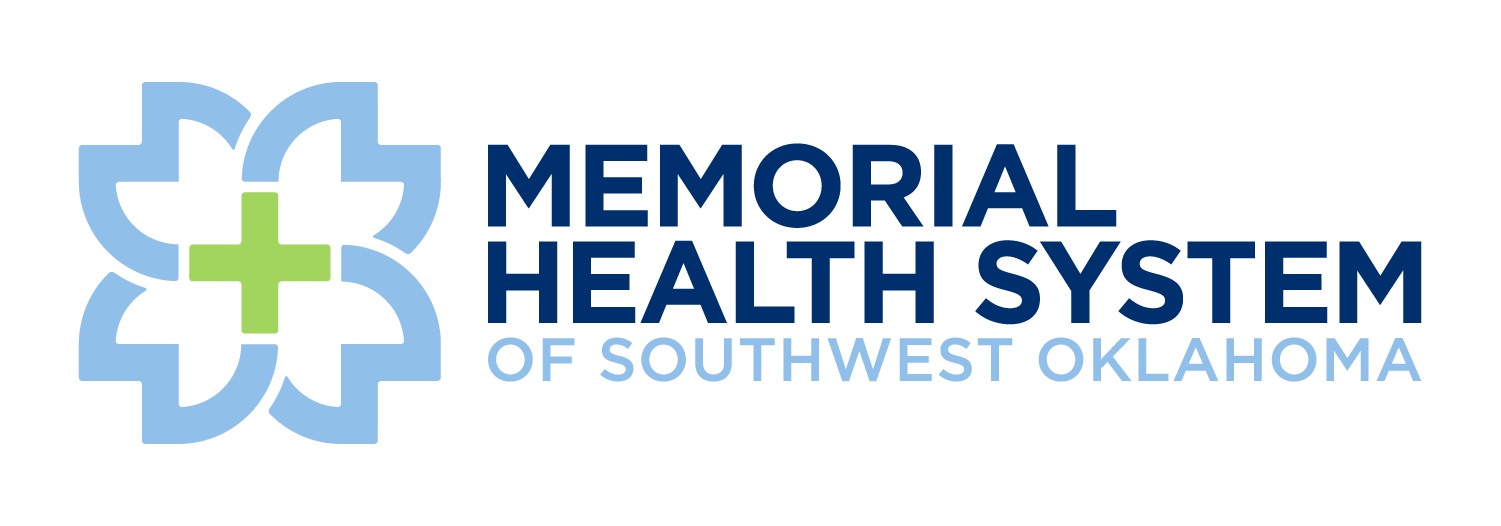Spring is in full swing in Oklahoma! Beautiful blooms, warmer weather… and for many of us, a whole lot of sneezing, sniffling, and maybe even some wheezing. May is Asthma and Allergy Awareness Month, so it’s the perfect time to chat about these common conditions and how you can breathe a little easier.
You’re definitely not alone if allergies or asthma are part of your life. Check out these stats – they might surprise you:
- Over 50 million Americans experience some type of allergy each year. That’s a whole lot of itchy eyes and runny noses!
- About 1 in 13 people in the U.S. have asthma, and it’s one of the leading chronic diseases among children.
Basics of Asthma and Allergies
Allergies happen when your immune system gets a little overzealous and reacts to harmless stuff like pollen, pet dander, or certain foods. It’s like your body thinks these things are invaders and launches an attack, leading to those annoying symptoms we all know and sometimes loathe:
- Sneezing
- Coughing
- Itchy eyes, nose, and throat
- Skin rashes or hives
Asthma, on the other hand, is a chronic condition that affects your airways, making them swollen and sensitive. This can lead to:
- Wheezing
- Coughing
- Shortness of breath
- Chest tightness
Risk Factors of Asthma and Allergies
While anyone can develop asthma or allergies, some things can increase your chances.
Family history: If your parents or siblings have asthma or allergies, you’re more likely to develop them too.
Environmental factors: Exposure to things like air pollution or certain infections early in life can play a role.
For allergies specifically: Certain seasonal changes (hello, ragweed!), exposure to indoor allergens like dust mites and pet dander, and even some food allergies are common triggers.
For asthma specifically: Respiratory infections, allergens, exercise, cold air, and even stress can trigger asthma symptoms.
Managing Asthma and Allergies
The good news is that there are plenty of ways to manage both asthma and allergies so you can live a full and active life!
Know your triggers: Identifying what sets off your symptoms is the first step. Keeping a diary can be super helpful!
Avoidance: Once you know your triggers, try your best to steer clear of them. Easier said than done sometimes, we know!
Medications: There are lots of options available, from over-the-counter remedies to prescription medications like antihistamines, nasal sprays, and inhalers. Your doctor can help you figure out what’s best for you.
Allergy testing and immunotherapy: For persistent allergies, your doctor might recommend allergy testing to pinpoint your specific triggers. Immunotherapy (allergy shots or sublingual tablets) can help desensitize you to these allergens over time.
Asthma action plan: If you have asthma, working with your doctor to create an asthma action plan is crucial. This plan outlines your medications, how to manage symptoms, and when to seek emergency care.
Here to Help You Breathe Easer
Speaking of expert care, did you know that our ENT (Ear, Nose, and Throat) specialists are here to provide comprehensive services for managing your allergies? From diagnosis to treatment, our team is dedicated to helping you find relief and improve your quality of life.
Whether you’re dealing with seasonal sniffles, year-round congestion, or suspect you might have allergies impacting your breathing, our ENT specialists can help. We offer thorough evaluations and personalized treatment plans to get you back to feeling your best.
Don’t let allergies and asthma keep you on the sidelines. With the right knowledge and care, you can manage your symptoms and enjoy all that life in Oklahoma has to offer! Stay healthy!
Resources:
https://aafa.org/get-involved/asthma-and-allergy-awareness-month/
https://allergyasthmanetwork.org/news/14-things-for-asthma-and-allergy-awareness-month/
Disclaimer:
The Comanche County Memorial Hospital website does not provide specific medical advice for individual cases. Comanche County Memorial Hospital does not endorse any services obtained through information provided on this site, articles on the site or any links on this site.
Use of the information obtained by the Comanche County Memorial Hospital website does not replace medical advice given by a qualified medical provider to meet the medical needs of our readers or others.
While content is frequently updated, medical information changes quickly. Information may be out of date, and/or contain inaccuracies or typographical errors. For questions or concerns, please contact us at contact@ccmhhealth.com.

